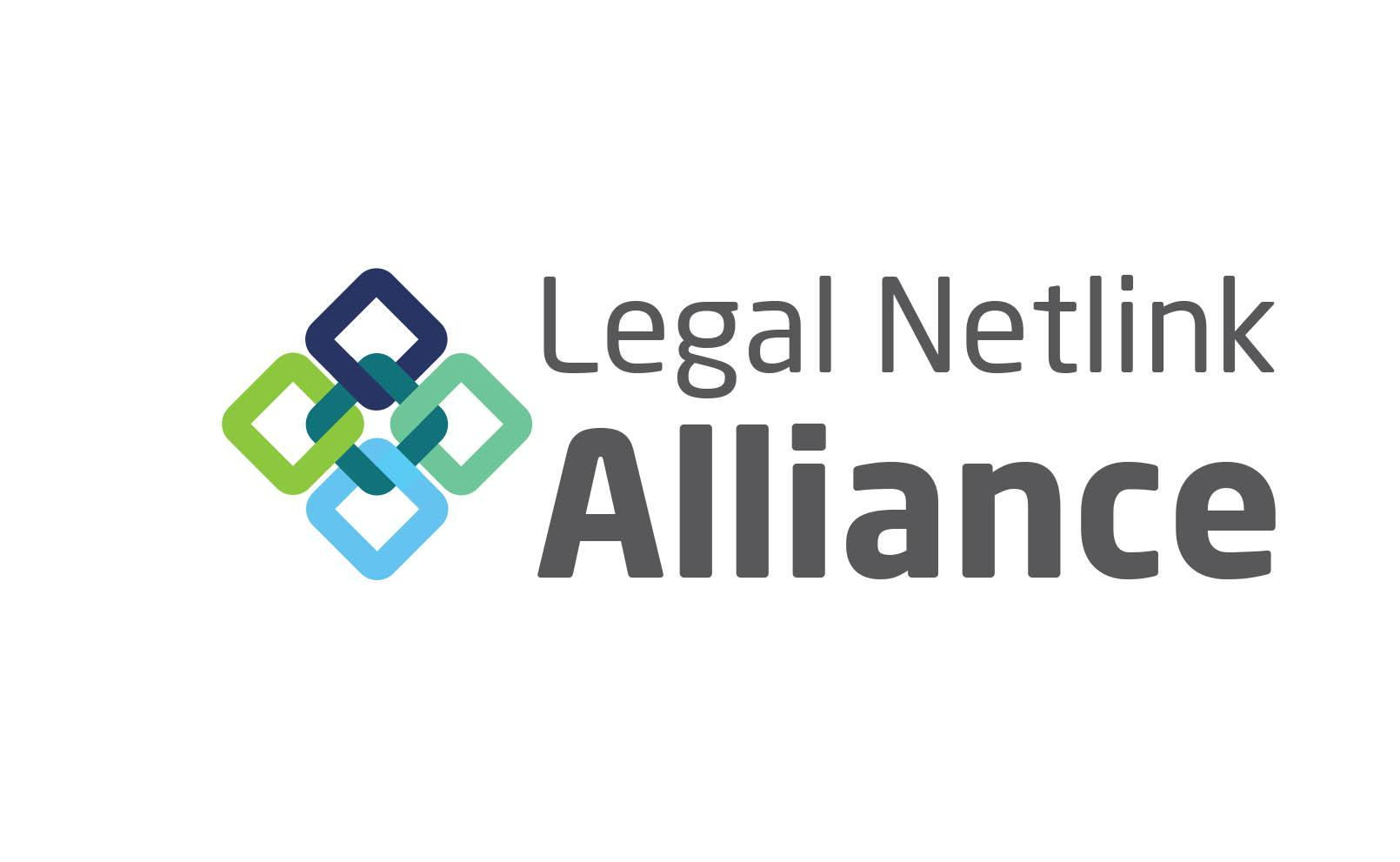Family Foundations are private foundations which are nongovernmental, nonprofit organizations usually funded from a single source, such as an individual, family or corporation. Generally, private foundations are established to aid social, educational, religious or other charitable activities through grant making. They are tax-exempt under Section 501(c)(3) of the Internal Revenue Code. The Council on Foundations defines a family foundation as one whose funds come from members of a single family. At least one family member must continue to serve as an officer or board member of the foundation and as the donor. In a Family Foundation the family members play a significant role in governing and managing the foundation throughout its life. Most Family Foundations are run by family members who serve as trustees or directors on a voluntary basis, receiving no compensation.

One issue that Family Foundations are encountering is that the types of philanthropy favored by one generation may not be the same ones favored by the next generation. Succession planning in Family Foundations starts early to teach their children and grandchildren about the family’s values. Family Foundations are a way to keep the family together.
However, private foundations face a challenge that other foundations and not-for-profit organizations do not. Similar to many other not-for-profits, private foundations seek to maximize the return on their investment portfolios in order to ensure their long-term sustainability and to provide the resources to award grants to the organizations and causes they support. At the same time, private foundations must comply with various IRS regulations that are unique to the private foundation. An example is that private foundations must distribute 5 percent of the fair market value of their assets each year. The intent of this requirement is to ensure that private foundations are serving legitimate charitable purposes and not merely acting as a means for the foundation’s contributors to avoid taxes on their investment earnings. There are hefty penalties if the foundation fails to distribute the required 5 percent.
I have been honored to serve on the Board of my Family’s Foundation for almost 10 years. The Wildermuth Foundation has been around since 1970. At an early age I was taught Robert’s Rules of Orders, how to manage money and be grateful for all the opportunities that were given to me growing up. This past year we held our annual board meetings in Columbus, Ohio. We got to visit some of the organizations we support and see how our money supports those organizations. The Foundation also supports the Wildermuth Church in Carroll, Ohio. This year was the church’s 200th year anniversary. To honor the church, the Foundation spent money to restore the church to its historical structure and throw a church festival so the community can see the “new and improved” historical church. Although a very busy weekend, I was humbled to see how my family has helped the community through our grants. I am sure other families have similar stories.

